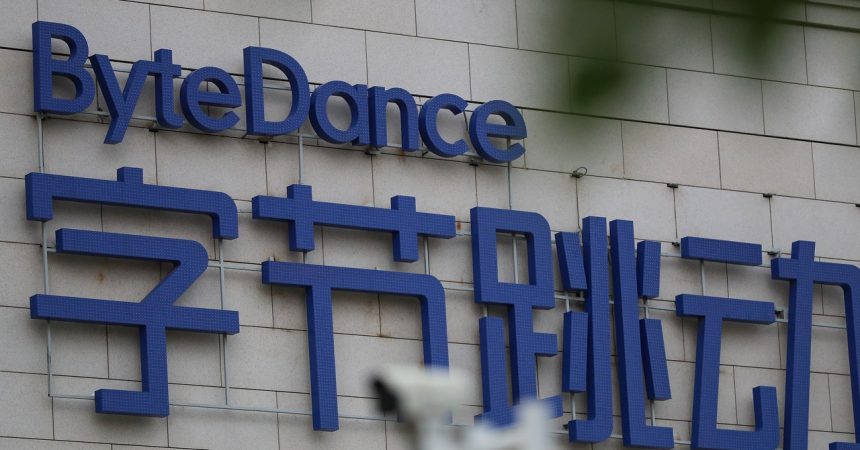The US government, citing national security concerns stemming from Chinese data laws, has effectively banned TikTok and other apps owned by the Chinese company ByteDance. This action, mandated by the Protecting Americans From Foreign Adversary Controlled Applications Act (PAFACA), comes after the company failed to meet a deadline to sell its US operations to a non-Chinese entity. The ban, which took effect just before the January 19 deadline, affects millions of US users who relied on these apps for entertainment, communication, and even business operations. The core issue lies in Chinese laws that compel companies to share data with the government, raising fears of potential misuse of user information. The US government’s response aims to prevent this data access and protect national security, but the situation remains complex and potentially subject to change.
The ban encompasses a wide range of ByteDance-owned apps, extending beyond the popular short-form video platform TikTok. The block also targets apps integral to the TikTok ecosystem, such as TikTok Studio for content creators and TikTok Shop Seller for e-commerce vendors. Furthermore, CapCut, a popular video editing tool frequently used for creating TikTok content, is also unavailable to US users. This broader ban underscores the US government’s focus on ByteDance as a whole, rather than solely on TikTok itself. The impact extends to various other applications, highlighting the extensive reach of ByteDance’s influence within the digital landscape.
The list of affected apps also includes several other diverse platforms. Lemon8, a photo-based social media app similar to China’s popular RedNote, is now inaccessible in the US. Gauth, an educational app providing AI-powered homework assistance, has also ceased operations for US students. Hypic, a photo-editing app leveraging AI for enhancements, and Lark, a workplace communication tool similar to Slack, are also among the banned applications. The range of affected apps demonstrates the breadth of ByteDance’s portfolio and the wide-ranging impact of the ban on different user groups.
ByteDance’s influence also extended into the realm of online entertainment and literature with apps like Melolo, Fizzo, and MyTopia Books. These apps, published by ByteDance’s Singapore-based subsidiary Poligon, catered to users interested in short-form dramas and online fiction. However, with the enactment of PAFACA, access to these platforms has been restricted for US users, with MyTopia Books being a notable exception, remaining available on Apple’s US App Store. The inclusion of these entertainment and literature-focused apps further demonstrates the expansive scope of the ban and its impact across various digital content sectors.
The situation is further complicated by the involvement of Tokopedia, one of Indonesia’s largest e-commerce platforms, which ByteDance acquired and merged with TikTok Shop in Indonesia. While Tokopedia became unavailable on Apple’s US App Store, it remained accessible on Google’s US Play Store at the time of the initial ban. This discrepancy between app store availability adds another layer of complexity to the implementation of the ban, highlighting the challenges in uniformly enforcing the restrictions across different platforms.
While PAFACA doesn’t explicitly mandate blocking US users, it prohibits US companies from supporting ByteDance-owned apps. This effectively renders the apps unusable within the US. However, the situation remains fluid, with President Trump having signaled his intention to potentially extend the deadline for a TikTok sale, which could lead to a reversal of the ban if a deal is reached. This introduces a significant degree of uncertainty regarding the future availability of these apps for US users, leaving the final outcome dependent on the evolving political and business landscape surrounding the issue.



